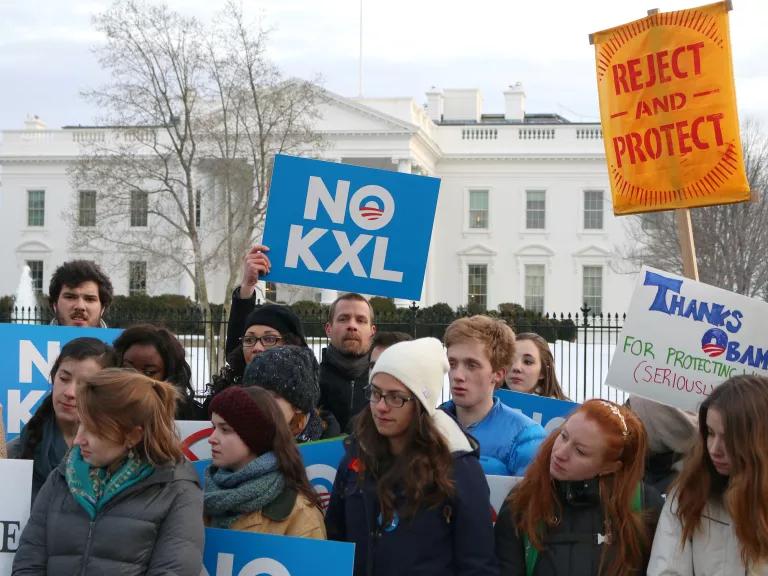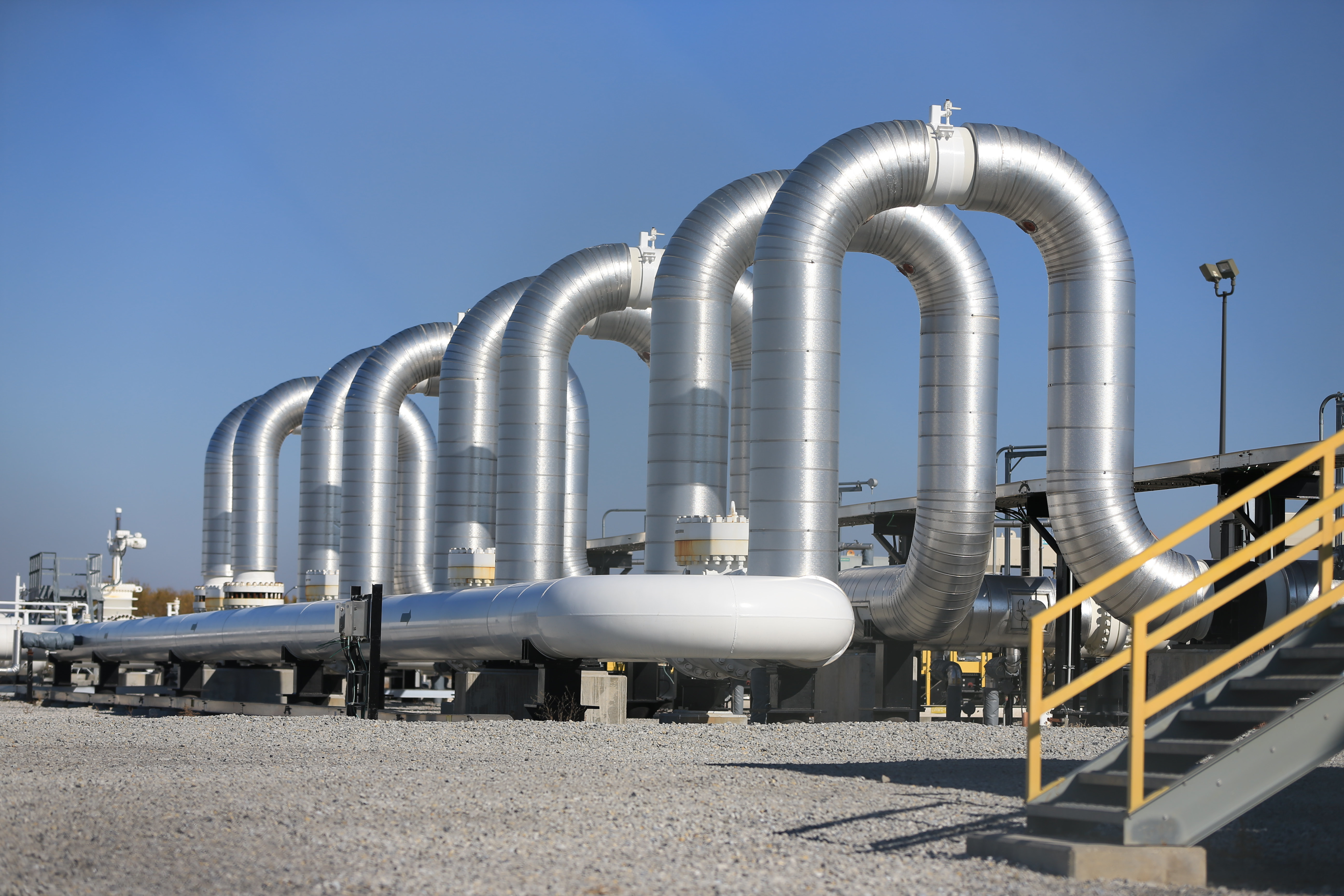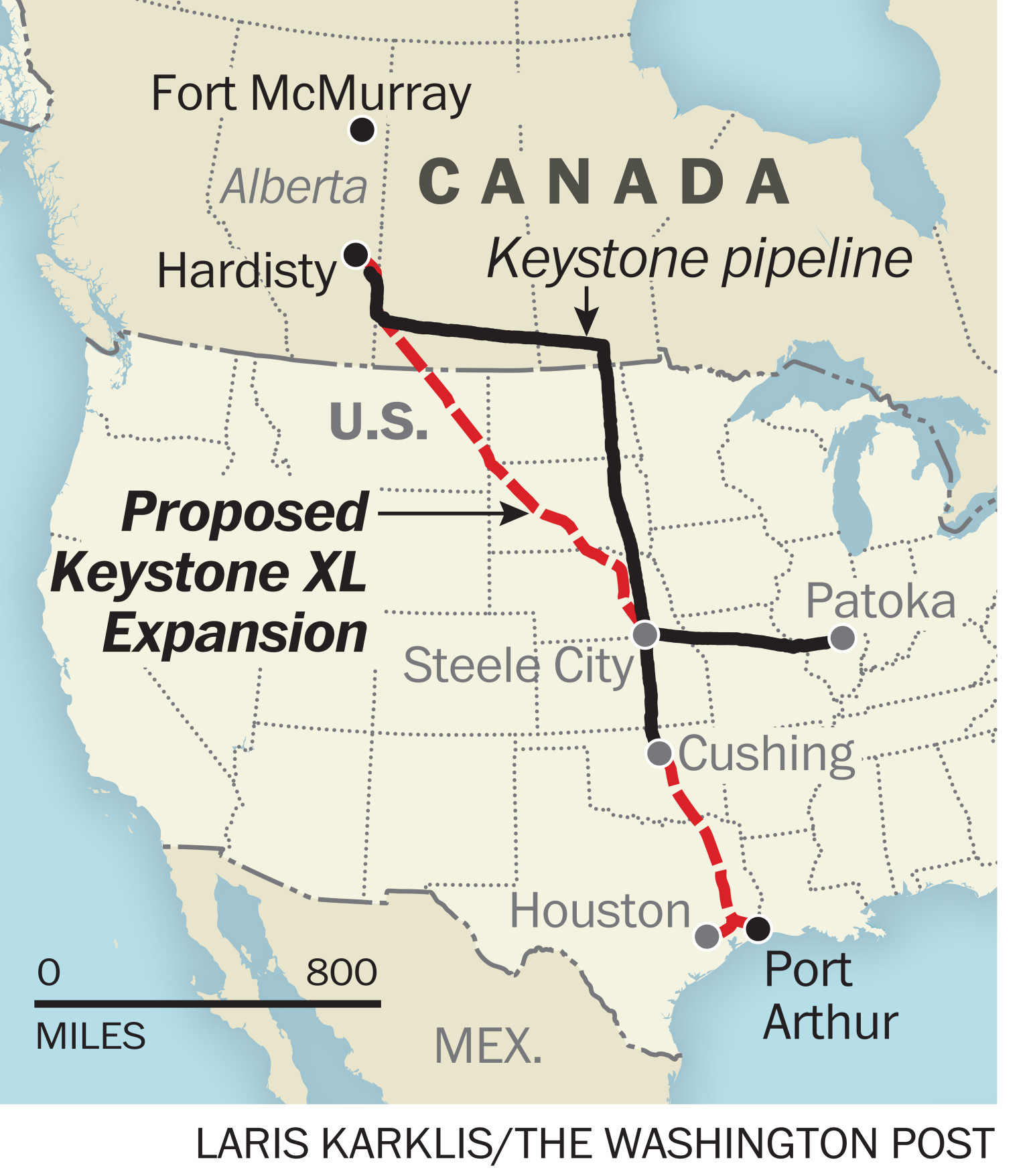Uncovering the Truth: The Lasting Impact of Canceling the Keystone XL Pipeline Project
Table of Contents
- How the Keystone XL Pipeline Project's Termination Benefits the Planet ...
- TransCanada to Continue with Southern Part of Keystone Pipeline ...
- Keystone XL Pipeline: A New Opening, but What Lies Ahead? - The New ...
- Keystone Oil Pipeline
- Should the US allow construction of the Keystone XL pipeline? | LAist
- The Keystone XL Pipeline: Everything You Need To Know
- AP: U.S. to approve Keystone XL pipeline - The Blade
- What you need to know about the latest Keystone pipeline oil spill : NPR
- Keystone XL, Back in the Pipeline | Foreign Affairs
- Opposition To The Keystone XL Pipeline Tests The Administration's ...

The controversy surrounding the Keystone XL pipeline project has been a hot topic in recent years, with many arguing over its environmental impact and economic viability. In 2017, President Trump gave the green light for the project to move forward, but in 2021, the Biden administration announced that it would cancel the project altogether. But what does this mean for the environment, the economy, and the communities affected by the decision? In this article, we'll delve into the facts and explore the lasting impact of canceling the Keystone XL pipeline project.


The Environmental Impact

The Keystone XL pipeline was touted as a way to transport heavy crude oil from Canada's tar sands to refineries in the United States. Proponents argued that it would create jobs, stimulate economic growth, and provide a reliable source of energy. However, opponents claimed that it would harm the environment, threatening local ecosystems and contributing to climate change. The cancellation of the project is likely to have a positive impact on the environment.

Firstly, canceling the Keystone XL pipeline reduces the risk of oil spills and accidents. With an estimated 500,000 barrels of oil transported daily, even a minor spill could have devastating consequences for local wildlife and ecosystems. Additionally, the cancellation avoids the potential for increased greenhouse gas emissions from extracting, transporting, and refining tar sands oil.


The Economic Impact

The economic impact of canceling the Keystone XL pipeline is also significant. While some argue that it will lead to job losses in the energy sector, others claim that it will stimulate alternative industries like renewable energy. According to a study by the International Brotherhood of Teamsters, canceling the pipeline would preserve around 46,000 jobs in the clean energy sector.
Furthermore, the cancellation of the project reduces the reliance on fossil fuels and promotes a transition towards cleaner energy sources. This shift can lead to long-term economic benefits through reduced healthcare costs, lower environmental damage, and increased investment in sustainable infrastructure.

The Community Impact
Communities along the pipeline route will also feel the impact of its cancellation. Some Native American tribes, such as the Standing Rock Sioux Tribe, have been vocal opponents of the project due to concerns over environmental degradation and cultural heritage. The cancellation means that these communities can continue to protect their land and way of life without the threat of a hazardous pipeline.
Additionally, local businesses and economies may benefit from increased investment in alternative energy projects and infrastructure development. This shift can lead to job creation, economic growth, and a more sustainable future for these communities.

The Future Outlook
In conclusion, the cancellation of the Keystone XL pipeline project has significant implications for the environment, economy, and communities affected by its construction. While some may argue that it will stifle economic growth or create job losses, the facts suggest otherwise. The decision to cancel the project demonstrates a commitment to environmental protection, climate action, and sustainable development.
As we move forward into an increasingly uncertain energy landscape, it's essential to prioritize renewable energy sources, reduce emissions, and invest in sustainable infrastructure. By doing so, we can create a brighter future for generations to come – one that's free from the risks associated with fossil fuels and focused on environmental stewardship.
References:
- International Brotherhood of Teamsters: Keystone XL Pipeline Cancellation Would Preserve Jobs in Clean Energy Sector
- Environmental Protection Agency (EPA): Keystone XL Pipeline Fact Sheet
- The Guardian: Keystone XL pipeline: what's next after Joe Biden's cancellation decision?